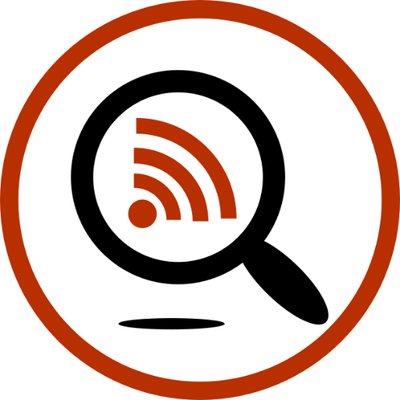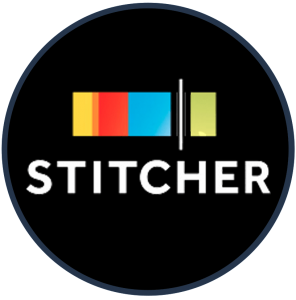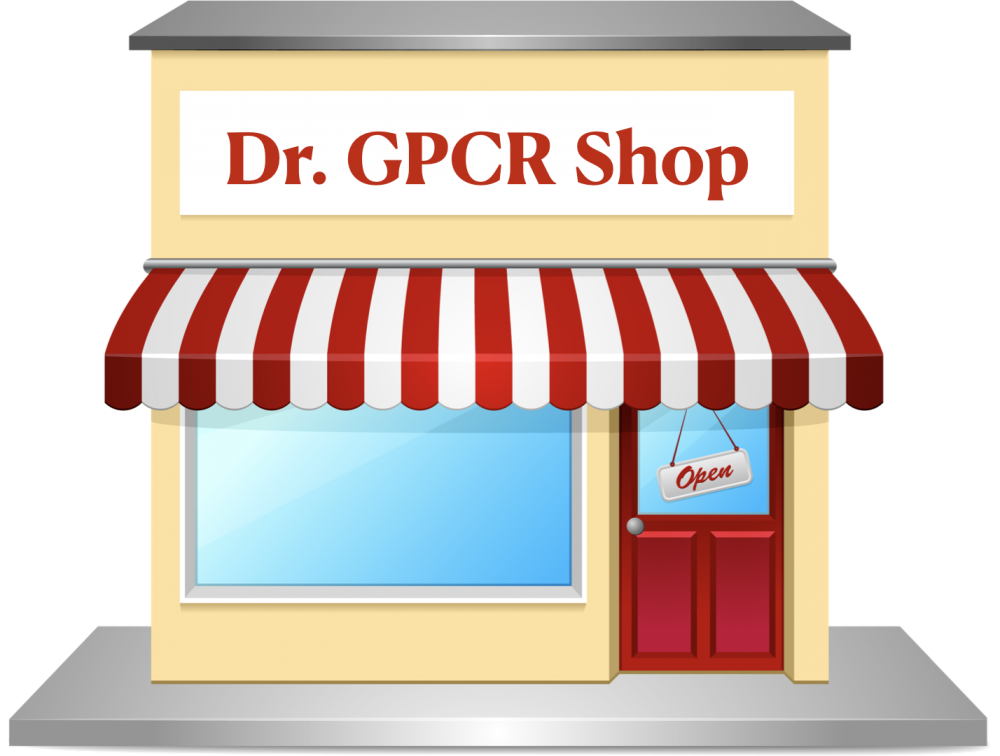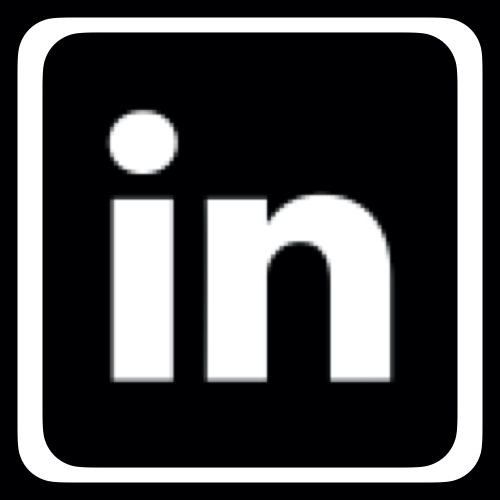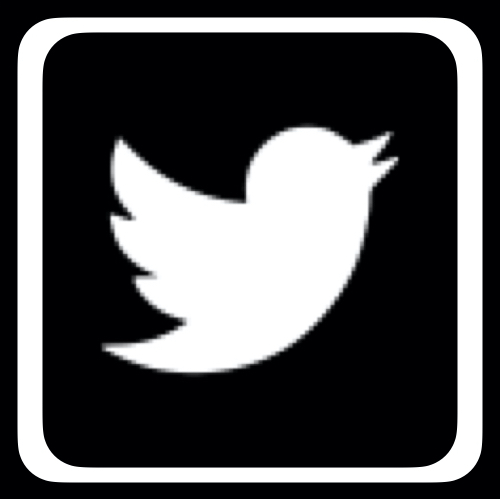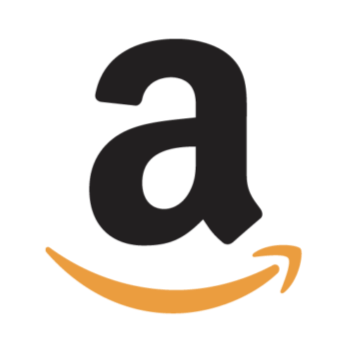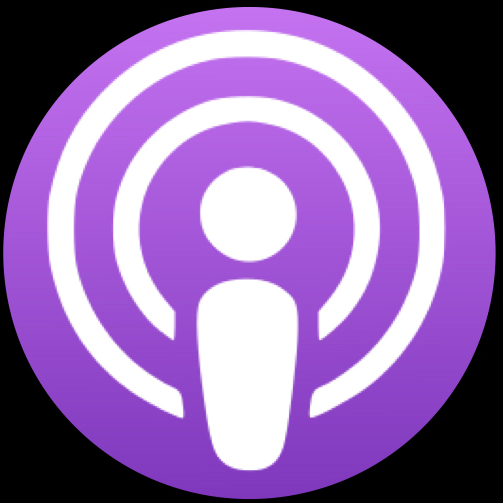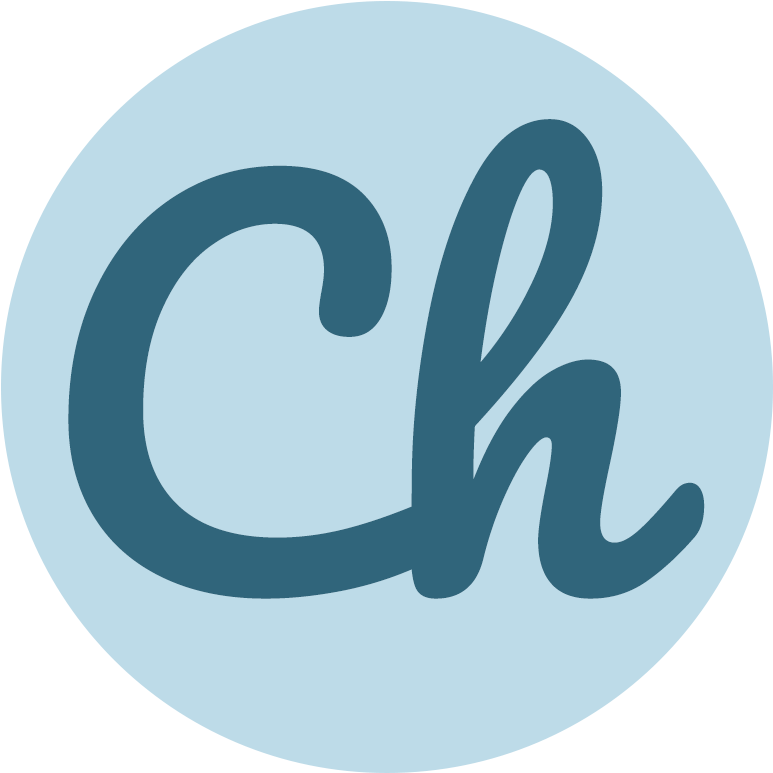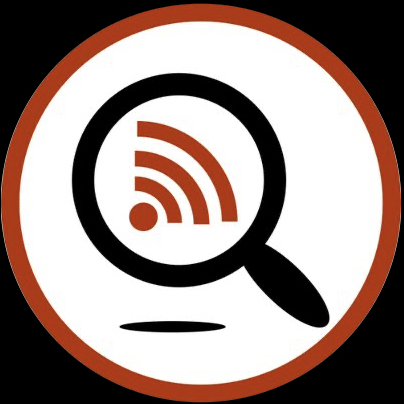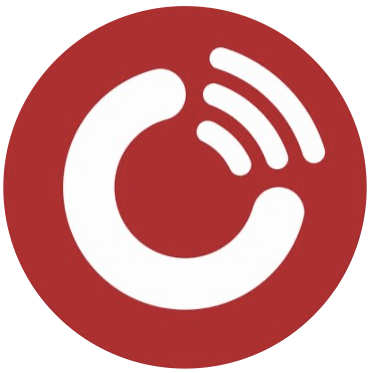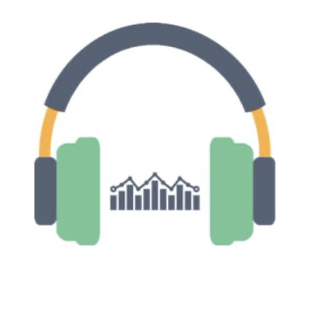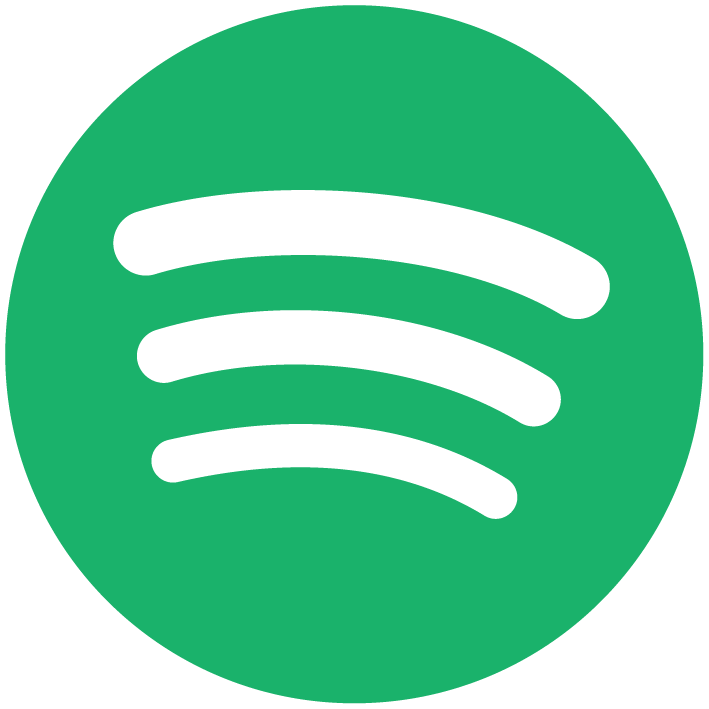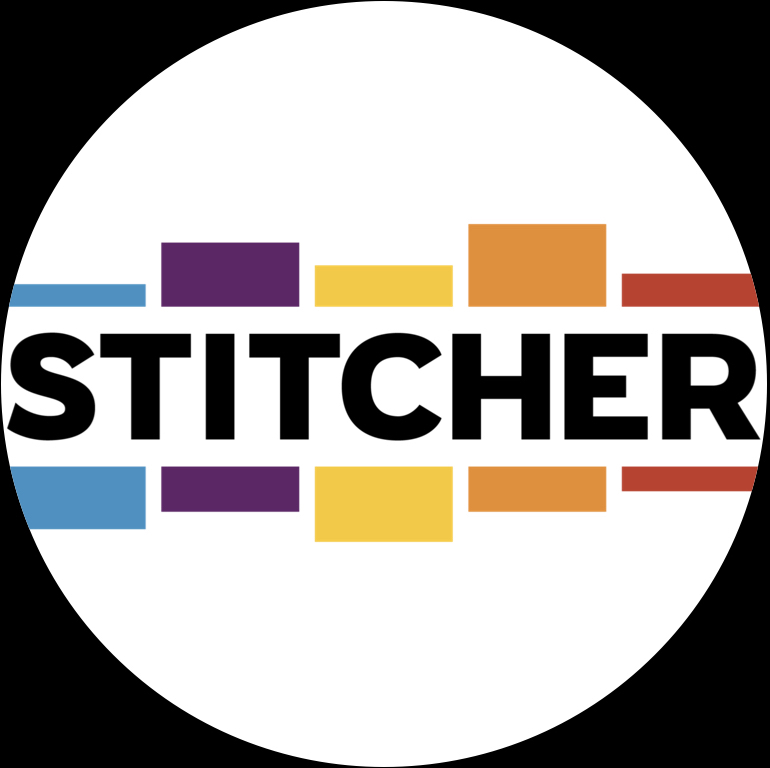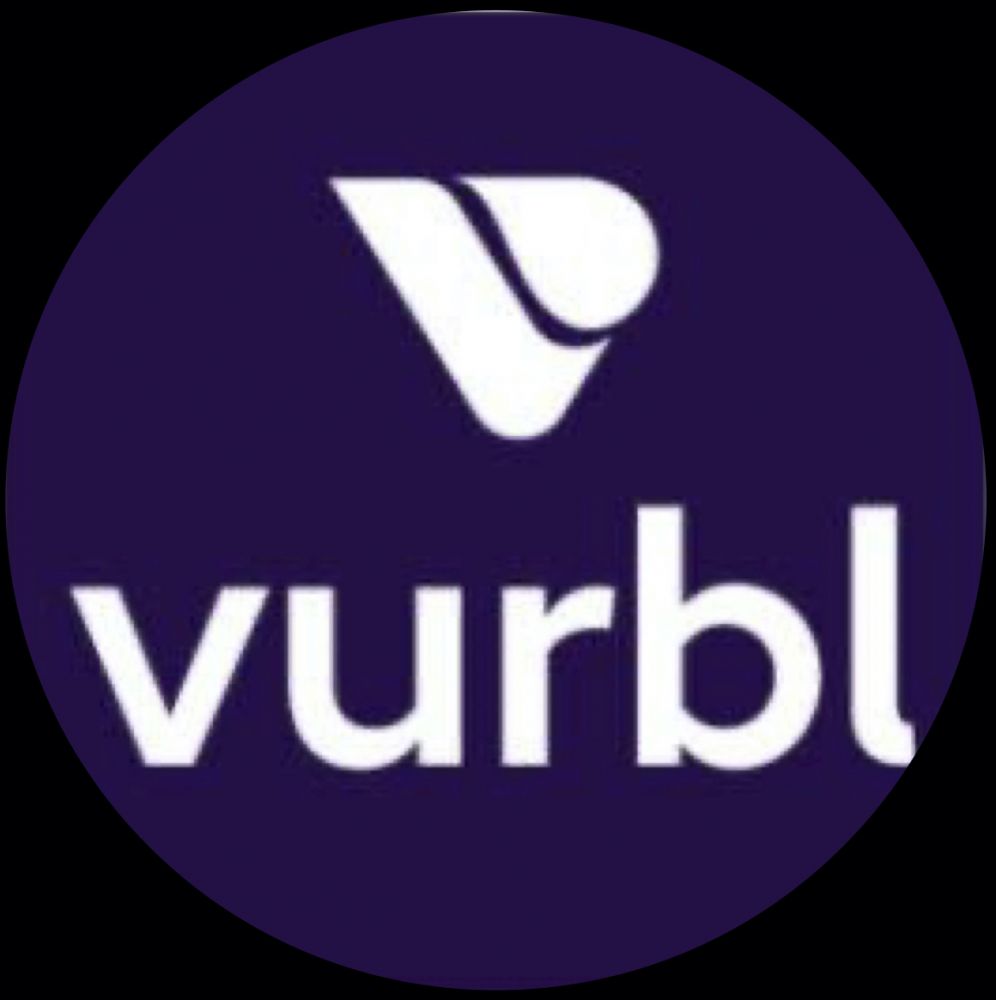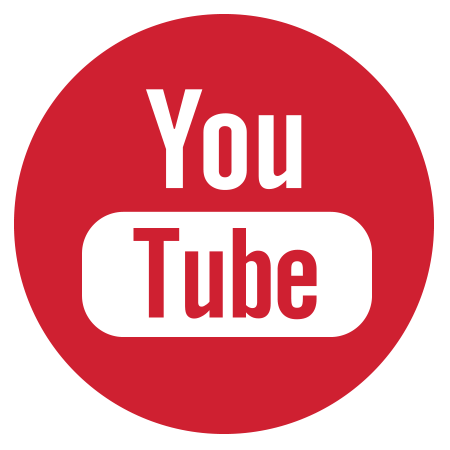Listen and subscribe where you get your podcasts
About this episode
Dr. J. Silvio Gutkind sheds light on his work and life since the beginning of COVID restrictions. A large component of his work is centered around dysregulated signaling in cancer and the development of novel mechanism-based cancer therapies. In this episode, Dr. J. Silvio Gutkind highlights how his past experience proves useful in current COVID times and potential benefits the changes in work environments can do for future collaborations.
Dr. J. Silvio Gutkind on the web
Podcast transcript
Dr. Yamina Berchiche 0:30
Silvio, thanks again for being here with me today. I wanted to step back a little bit and talk to you about this current pandemic and learn more about how you're dealing with it when it comes to your scientific research.
Dr. J Silvio Gutkind 0:43
Here's the challenge. So first, of course, we all have a relative, friends that may be affected by COVID-19. And personally I lost someone, who is not a direct relative, but someone in New York. One of my daughters lives in New York and through that. So we are very aware and all of these students are in our lab, they're very aware of that of course. So there's a lot of stress-related to science. We are very fortunate because we are part of the cancer center.
In the cancer center, the cancer patients cannot wait and we are right now operating in 93-94% capacity. There are very strict regulations to enter. This is separate. It's not part of the hospital. It is a separate building, that enables us to have much more you know, measurements like the masking, etc. So, there are many more approaches that can be done very well so that the patients feel safe and they are really safe. All of the health physicians and nurses have been screened. So this was so that it provides an infrastructure where that personal stress becomes less important in the sense that this relatively safe work enables us to work with our leadership of UCSD.
So I'm part, I'm the Associate Director for the basic science of the cancer center. So working with the cancer center director in our UCSD leadership, we are able to work with them. So how to deal with the current situation. So rather have a complete shutdown as has been done in many places. And we're, you know, many many, I'm sure many mice and years of work has been lost, if not wasted. Of course, safety is the top priority is no question for the patients but also for the students. In our case, we did not need to do that. So we have been able to retain the mice, the colonies there are so we work out every detail. I was very lucky, based on my experience at NIH also to do with the shutdowns at NIH. They happened very often. So, basically here we have implemented the same. So, basically to have really good working plans from liquid nitrogen to the mice. So, we very quickly adapted to that in regards to the physical presence of people, we make it very clear they do need to maskings, staggering, besides physical distancing we cannot be here, basically we work under the assumption of 10% occupancy max, 10-15% and never overlapping. So, in that sense, we also identify the critical needs. What can be stopped in our freezing cells and in projects, what can be stopped what cannot be stopped because it will be really damaging for the career and or the research and in this case many of them are oriented towards cancer patients so we shouldn't. So we very quickly prioritized using the same approach. What we did is to distribute for every member of the cancer center that are research oriented. So, we collect from everybody every name of person that will be here with understanding the limitations if they overall a percentage of time they can be here and develop like a contract with everybody and in basically, so with very few exceptions of essential activities like the mice, for example.
We also develop that nobody, nobody needs to feel pressure to be here. So very important specifically for the students. They don't need to stay, as limited as possible, but nobody should be pressured to do that. So we develop very quickly, policies. So we have a communication plan. Zoom has been the major mechanism. So I will have meetings with everybody. So we have video often. At least twice a week, we'd have meetings. It became a new normal in that context and I shouldn't say that but it became extremely productive. So, because everybody, we all have projects that we have been accumulating data, insights, writing review articles, many people have not had time to analyze the data in or reading etc. So what we were focusing on, our internal plan is to read, think, plan and write. So in using contemporary communication, because it's a tremendous impact personally in friends and in community wise, but in principle will remain very, our community more important our scientific community at large in UCSD specifically in the cancer center, in our own lab, our team we remain intact and ready to redeploy in at the same time. Mostly, many people in our lab are doing lots of bioinformatics. So they’re in heaven, so they are at home. Now we have many more ideas than we can handle for them, at least for the next five years. So, you adapt and you take the positive. And if you will, you cope with the negatives. And so we're ready to be redeployed and we are developing right now the plans for reentry, which, of course will include testing, which we will have to testing capacity. So, we will, we will emerge from this stronger, hopefully!
Dr. Yamina Berchiche 6:39
Hopefully, hopefully, we all have that hope. And it's although it's a very difficult time for a lot of us and for everybody and they call it an unprecedented time because everyone on the planet is struggling with this but I think we're going to get out stronger on the other side. And it's a good time to reflect and as you had mentioned, you know write papers and analyze data. How do you think the current pandemic once we get through this will have affected the future work that you will be doing?
Dr. J Silvio Gutkind 7:12
So, the work itself may not change, what may change is how we achieve it. We will probably do what personally, now we've just been learning that I don't need to travel so much. So, people see me even more often than before, even by using Zoom or Skype or any other mechanism. So we see that even the iPhones, so FaceTime so we see each other much more often. We learn, we learn, we adapt to communicate and in using this mechanism to see each other often in which we can effectively communicate and certainly from Google Drive to others in any other, you know, shared drive. So we have adapted very well. So I think that we'll emerge stronger also in the sense that we learn that we can effectively communicate and collaborate. I have got so many wonderful meetings for potential collaborations that we already started based, basically the more time and not traveling for example. So I think that we will emerge stronger because we can, we can really team up in probably better force by the issue of not having direct physical contact. I wouldn't call it social distancing, I will call it physical distancing. I will say that socially, physically, we don't see each other. I think as a community socially, I would say, at least in what I can see is we are even stronger. So socially, we don't use physical contact. We would maybe minimizing physical contact from this point on. Many things that can be done at home or anywhere else like reading, writing and thinking, maybe the lab is not the right place. So maybe you identify your niche where you can be inspired and whatever that is so maybe it's a coffee shop in the future maybe right now, especially in UCSD going to the beach now that they opened finally, this Monday, so, that can be whatever. So you basically, probably what will emerge is that your space will be different. It will not be a physical space, defined by your desk and bench. Your space may be something different from where you can achieve your excellence and be happy in working as a community, maybe in a way that you've never thought about because we are so used to all of this.
Dr. Yamina Berchiche 9:47
Definitely, definitely. I think it opens up people's minds. The fact that with a laptop and an internet connection you can change the world.
Dr. J Silvio Gutkind 9:59
Of course there are some that are not fortunate in terms of internet connection. Yes, very, very. So it's a mix so that hopefully in the future this can be fixed, that maybe we can have access. So certainly there are some considerations. Hopefully that will be fixed in the future.
Dr. Yamina Berchiche 10:16
Definitely. One last question before I let you go. For you when you look back at your career, over the past couple of years, how much do you think how much your successes are attributed to chance versus scientific knowledge?
Dr. J Silvio Gutkind 10:36
I would say the majority are based on chance. But based on chance, in the sense of are again, so read a paper, you are in a meeting, you meet someone, and you have some discussions and what the heck let's do this exploring. So chance in the sense so they're within the core of what you want to do, essentially or your where your heart is, but within that being open minded, your identify opportunities. I will call it chance. I will say based on opportunities to move the field forward and the science for one, in many of them are driven. I won't say it all, but many of them run out particularly because they are driven by the interests of the students. I have never, coming from NIH, having been raised and born in academia, I can tell you that these rotation students are like cross pollination. So because they go to one lab, then they go to another lab, then they go to another lab and almost like the sorting hat in, in Harry Potter. So finally they find the right place, most cases in it, but that process itself is really transferring your science elsewhere in the science from other labs to you, to your lab, to your environment in that sense this is an opportunity never expected before we have many collaborations with our colleagues here. They started from our studies. Heck, this can really fit very well because I remember and then you open the communication. So, it's very, very by chance or based on opportunity, they certainly are driven based on your own research most of the advances are not by confirming but are basically challenging even your own working hypothesis. So, formulating your working hypothesis, beautiful is a wonderful exercise in but quite often the, our breakthroughs whatever we call breakthroughs in our career, or at least my career are more often from the time when the working hypothesis did not work. So it was based on science, based on the research, based on thinking but at the end of the day, the breakthrough came from getting deeper into why the working hypothesis did not work, which means that the basis for which we studied, I mean, at NIH now in this era, we'll call the premise. So the premise or the foundation of our working hypothesis may not have been correct iso this is part of opportunity, part of being open minded and ready to embrace a new idea.
Dr. Yamina Berchiche 13:10
Definitely. So following the science where it takes you.
Dr. J Silvio Gutkind 13:13
Absolutely.
Dr. Yamina Berchiche 13:14
Thank you so much Silvio, for your time.
Dr. J Silvio Gutkind 13:17
Thank you. Bye Bye
* This transcript has been modified minimally to help with readability.




